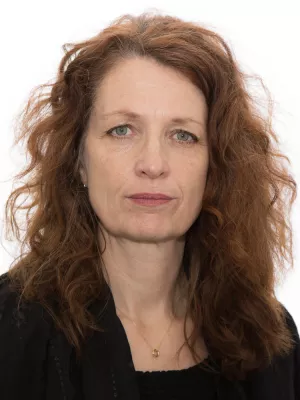
Ulrika Andersson
Professor

The common place of rape : Challenging borders of disciplines and continents through research
Author
Summary, in English
During the #metoo movement in the autumn of 2017, stories about sexual assault, including rape, garnered much attention worldwide. It might seem as if all of these stories came from nowhere. In fact, during the last decades several rape cases have been highlighted and debated in media all over the world. These discussions in the media and among the general public have led to scrutiny and a critical review of the applicable law and the legal system globally. In relation to contemporary social debate on rape, the media have a great impact. In Sweden the media have frequently been instrumental in naming and framing rape cases after where the incident took place, thus linking the deed with place in a broader sense. One of the main arguments used for impunity all over the world, implicitly as well as explicitly, and the same time effectively keeping women from public spaces, is also related to place. This is clearly illustrated by the Indian Jyoti case where some of the views in the debate obviously stemmed from the notion that women should not be out in the streets late at night (Chaudry et al). Using place as a point of departure in rape analysis thus have a potential to challenge disciplinary borders as well as national ones. My aim in this paper is to make visible and problematize interdisciplinary and transnational research collaborations, by using concrete examples from a study of the legal treatment of rape and place in two court cases from Sweden and India respectively. In the study I discuss I take a closer look at how the act of rape is linked to place in legal practice, by unmasking narratives of rape, in which different subject positions for complainants and defendants are to be found. More precisely I analyze how place is connected to agency and vulnerability in relation to rape.
Department/s
- Law and Vulnerabilities
- Human Rights Law
- Department of Law
Publishing year
2019-10-01
Language
English
Document type
Conference paper: abstract
Topic
- Social Sciences
Keywords
- Place and Space
- Law
- gender and sexuality issues
Conference name
g19. Swedish Conference for gender research
Conference date
2019-10-07 - 2019-10-09
Conference place
Göteborg, Sweden
Status
Unpublished
Research group
- Law and Vulnerabilities
- Human Rights Law